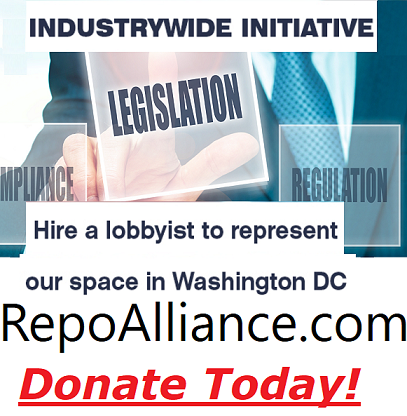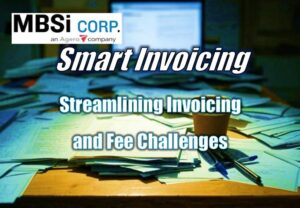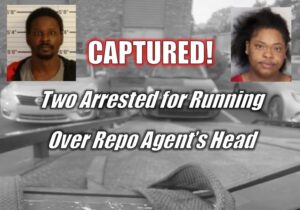
On May 13, the House of Representatives passed the Comprehensive Debt Collection Improvement Act (H.R. 2547) by a vote of 215-207. The bill, which now heads to the Senate for consideration, would expand the definition of a “debt collector” and increase risks to lenders. This may have a DEVASTATING impact on the repossession industry.
Article 9-609 of the Uniform Commercial Code allows us to repossess as long there is no breach of peace. We are considered “enforcing a security interest” and not collecting a debt. And, until now it was understood that we are not under the requirements of the Fair Debt Collection Practices Act.
All of this might change. If left unchallenged, the recovery professional would be reclassified as a “debt collector.”
How This Bill Affects You:
- As debt collectors, WE would have to notify the debtor by a written notice, specifying the amount of money owed, who the creditor is, and advise them of what action they should take if they contest the debt.
- All contact with the consumer would need to contain language identifying yourself as a debt collector. Contact must be free of profane or abusive language (so your agents need to hold their tongue or face a federal lawsuit).
- It would strengthen the government’s grip over a repossession agency’s name (like “Final Notice” or anything vaguely aggressive) or anything that could be at all misconstrued as a governmental agency (like “Nevada Recovery Bureau” for example).
- It could make it a federal offense to damage any property in the course of a repossession. Hitting a mailbox, or even drag marks on a driveway could be considered an FDCPA violation, which would allow the consumer to sue you in federal court.
- Even a third party (a neighbor, a relative, etc.) seeing the repossession in process may be a violation by “publicizing” the debt, which is forbidden by the FDCPA. Debt collectors are not allowed to make the existence of a debt known to uninvolved third parties. This alone could easily make a repossession from a place of employment impossible if a car on the hook is seen by any other employee there.
- It would restrict the times of day or night when you might be in contact with the consumer, even inadvertently. A debtor coming out to the driveway to interrupt a repossession would be a violation if it occurred after 9 p.m., for instance.
All this could make repossession activity unbelievably complicated and legally risky.
Now more than ever, the Repo Alliance is our best line of defense. The Alliance is working with our lobbyists at Van Scoyoc Associates in Washington DC, and already speaking to members of Congress about the unintended and adverse consequences of this change to reclassify us as a “debt collector.”
NOW is the time to support the work that the Repo Alliance is doing on your behalf. Stand with us today.












Facebook Comments